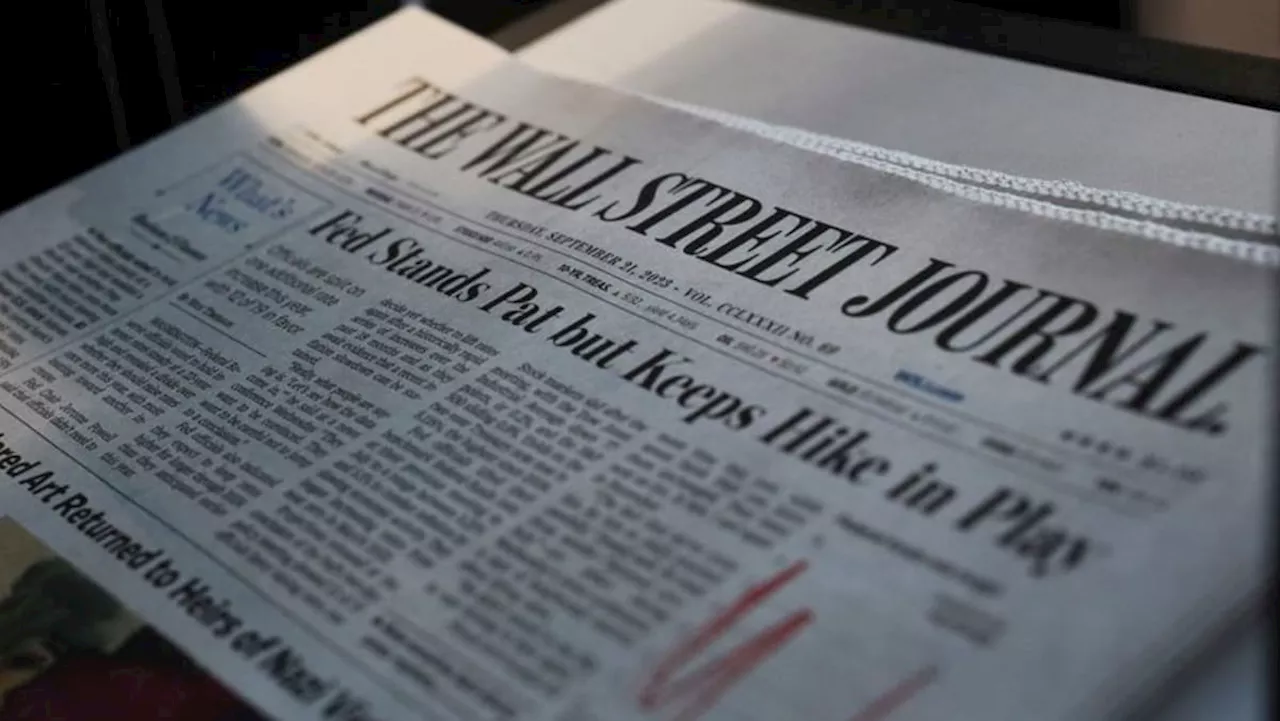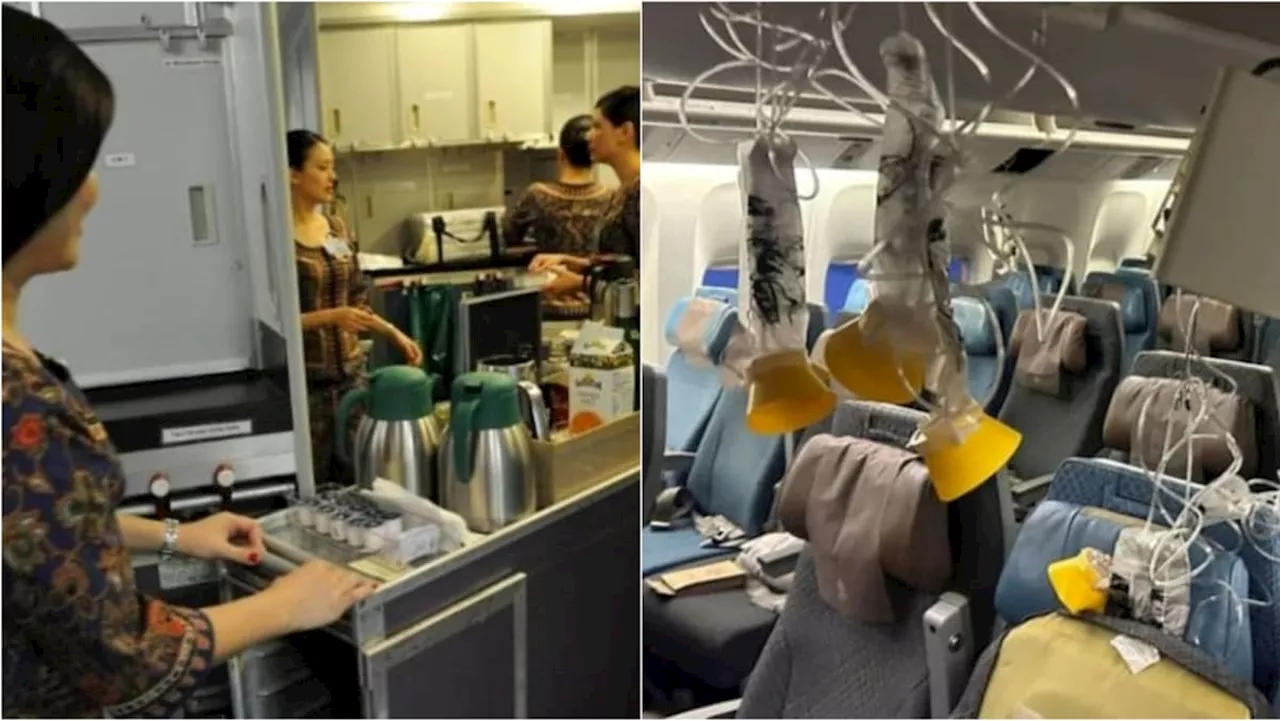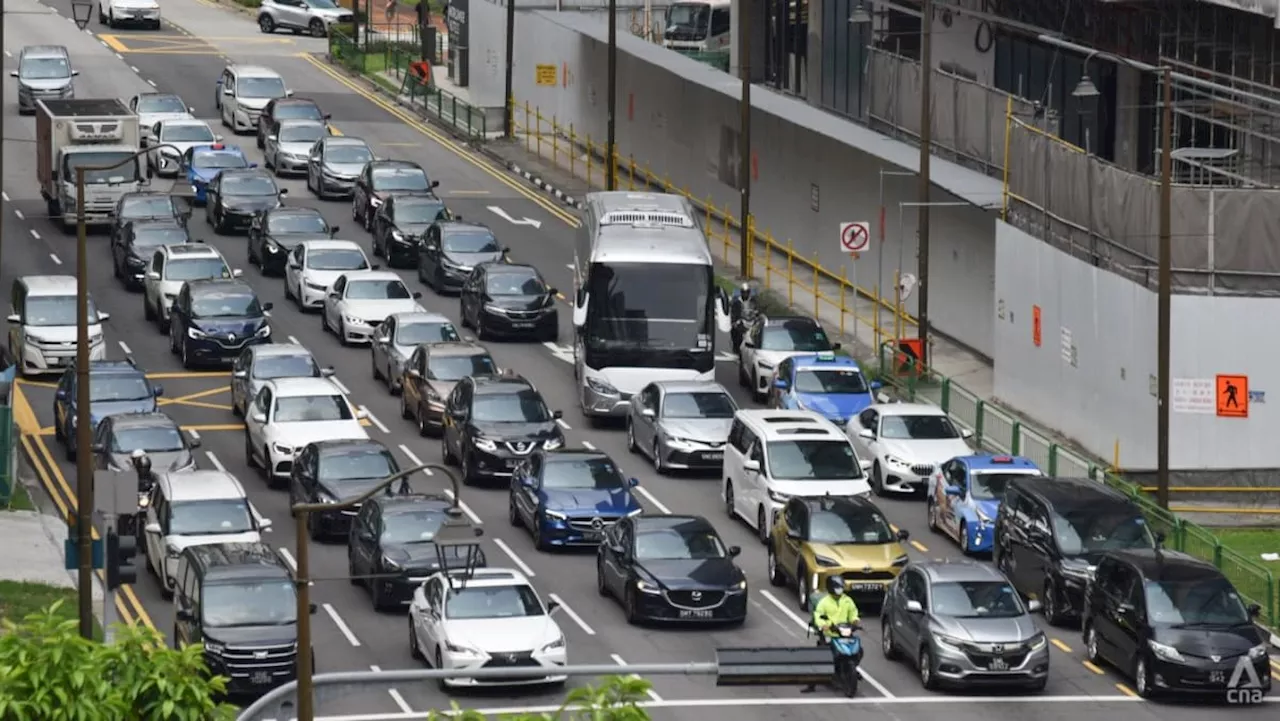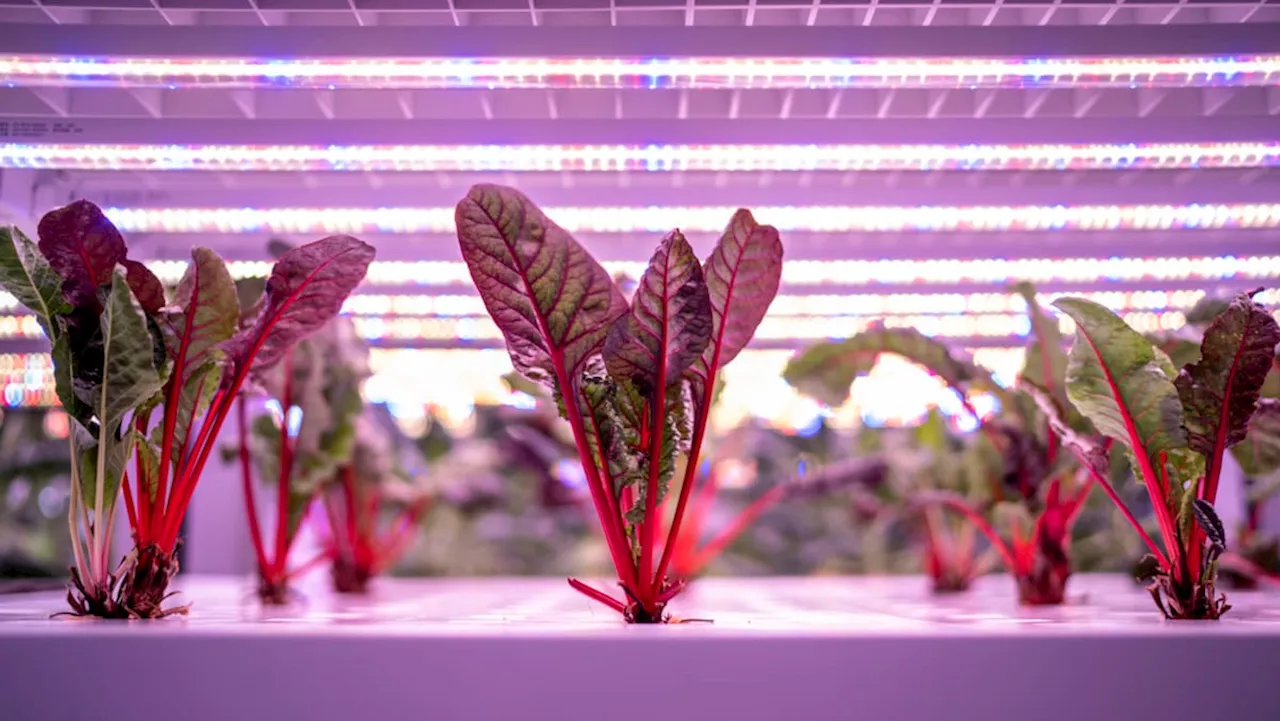Local high-tech farms will not be able to compete on price alone, but we cannot simply lament that consumers aren’t willing to open their wallets to show support, says RSIS food security expert Paul Teng.
Some local farms have faced delays or failures, in a blow to Singapore's goal to produce 30 per cent of nutritional needs locally by 2030. SINGAPORE: When the “30 by 30” goal was announced in April 2019, no one could have anticipated how Singapore’s food security would be on everyone’s minds barely a year later - when the pandemic gave us the unfamiliar sight of empty supermarket shelves.
Given these shake-ups, is the 30 by 30 goal looking increasingly unrealistic? Will mid-point corrections be needed and expectations lowered as 2030 looms? Admittedly, the vagueness allowed room for creativity and innovation. Some positive outcomes have been increased activity among agri-food start-up companies and technology developers, more research and development on agri-food production and productivity arising from the increased funding availability.Commentary: Is Singapore’s decades-long shift away from agriculture about to take a U-turn?
A sobering realisation with high-tech farms and factories is that energy costs determine their economic viability and indirectly affect how produce is priced.
Food Security Farming Cultivated Meat Vegetable
Singapore Latest News, Singapore Headlines
Similar News:You can also read news stories similar to this one that we have collected from other news sources.
 Commentary: Can we get a check, please, on Singapore restaurant hype?Dining out in Singapore shouldn't mean big tabs, small portions and middling experiences that leave you wanting more, says writer Desiree Koh.
Commentary: Can we get a check, please, on Singapore restaurant hype?Dining out in Singapore shouldn't mean big tabs, small portions and middling experiences that leave you wanting more, says writer Desiree Koh.
Read more »
 Commentary: Why Singapore’s vote to support Palestine’s full membership in the UN mattersThe United Nations General Assembly is the world’s voice on how international law should be interpreted and applied, says Joel Ng of S Rajaratnam School of International Studies.
Commentary: Why Singapore’s vote to support Palestine’s full membership in the UN mattersThe United Nations General Assembly is the world’s voice on how international law should be interpreted and applied, says Joel Ng of S Rajaratnam School of International Studies.
Read more »
 Commentary: What’s the science behind Singapore’s policy on vapes?Toxicology has given us an objective way to appraise the health risks of e-cigarettes, says NUS Associate Professor Ho Han Kiat.
Commentary: What’s the science behind Singapore’s policy on vapes?Toxicology has given us an objective way to appraise the health risks of e-cigarettes, says NUS Associate Professor Ho Han Kiat.
Read more »
 Commentary: The Wall Street Journal’s move from Hong Kong is an attractive prize for SingaporeHaving foreign media based in Singapore is an attractive prize for the authorities, conferring bragging rights that even a venerable defender of press freedom finds the city a suitable place to operate in, says former veteran newspaper editor Han Fook Kwang.
Commentary: The Wall Street Journal’s move from Hong Kong is an attractive prize for SingaporeHaving foreign media based in Singapore is an attractive prize for the authorities, conferring bragging rights that even a venerable defender of press freedom finds the city a suitable place to operate in, says former veteran newspaper editor Han Fook Kwang.
Read more »
 Commentary: The way Singapore Airlines handled SQ321 turbulence crisis is a lesson for other carriersWhile SIA’s crisis management efforts have been lauded, the safety and security of air travel will be on the minds of passengers and airlines alike, says Endau Analytics’ Shukor Yusof.
Commentary: The way Singapore Airlines handled SQ321 turbulence crisis is a lesson for other carriersWhile SIA’s crisis management efforts have been lauded, the safety and security of air travel will be on the minds of passengers and airlines alike, says Endau Analytics’ Shukor Yusof.
Read more »
 Commentary: What would break bad driving habits in Singapore?Road safety in Singapore has declined in the years following the COVID-19 pandemic. Firm action is needed to discourage irresponsible driving now, says transport engineering consultant Gopinath Menon.
Commentary: What would break bad driving habits in Singapore?Road safety in Singapore has declined in the years following the COVID-19 pandemic. Firm action is needed to discourage irresponsible driving now, says transport engineering consultant Gopinath Menon.
Read more »
